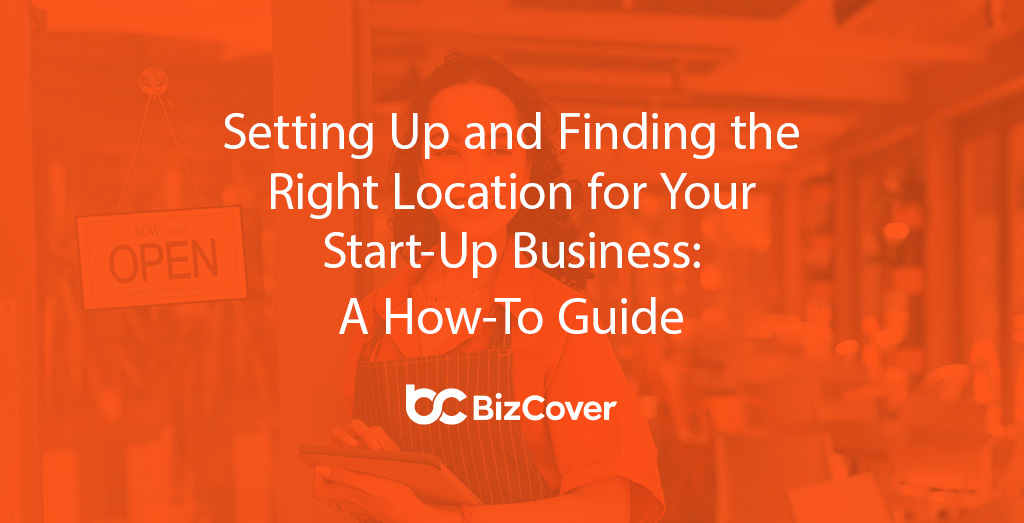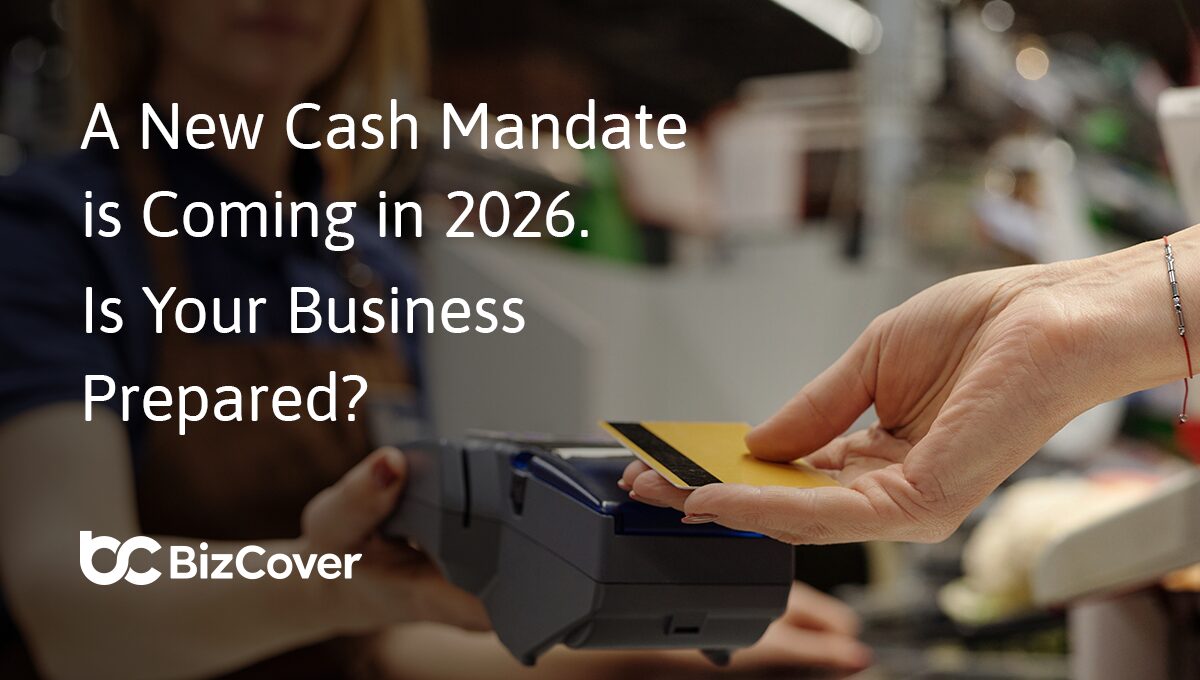How to choose a business location: 4 key factors to consider
Location is such an important factor to consider when looking for places to land roots for your start-up business. Whether you hail from NSW, QLD, VIC or the far reaches of WA, location is something you need to research and understand before signing those rental or mortgage papers.
Our guide dives into some of the key things that you need to keep in the back of your mind when looking at that ideal location to set up your start-up business.
1. Review your business plan goals
Like all start-up businesses, chances are you have a business plan that outlines all your grand plans and goals for your business. Those vital details for things like target market, types of products and budget are all factors that you need to take into consideration when looking at a location for your business.
You need to be aware of who your target market is going to be and research the demographics and details of the area that you are looking to establish your commercial business. Things like the median age and income are all things which can impact the success of your business.
If you are looking at setting up a retail business like a café for example, you’ll need to check things like the time frame and accessibility of getting deliveries from your suppliers, the type of footfall you will receive at your location etc.
2. What type of business set up do you need
There are so many different ways to do business these days, so take some time out to see which set up is going to work best for you. Some of the different kinds of business set-ups and location factors include:
- A bricks and mortar kind of business set-up- may need to rent/buy the premises
- A market stall, portable business set up, food truck
- Operating from home
- Need a warehouse/ storage facility for stock
3. Business location factors
Once you have a location in mind, you may wish to delve a little deeper and look at the nitty gritty to ensure that the location will work for your start-up business and its specific needs. These include things like:
Accessibility
This once again works with some of the key factors you would have outlined in your business plan. The location has to be a good fit for your business purpose, helping to fuel the success of your business by providing a need for customers in the area.
You need to assess things like accessibility to storage space if your business is going to receive regular deliveries, or what the footfall numbers are like if you’re relying on customers walking into your business. Look at how close it is also located to things like other shops, car parks and transport for example.
Who are your rivals
It doesn’t matter what kind of start-up business you are running, having an awareness of who your competition are is vital. Spend some time knowing who your competitors are, where they are located, what kind of products and services do they offer etc.
If there is another business in the same location you may need to work harder at how your position your business to the market. What is going to make customers choose your products and services over the existing competition? What is your point of difference? Also be careful of operating in a saturated market which can impact your business and budget.
Cost
Work out all your related costings of the business location you plan on moving to. This can include things like the average rental cost, utilities, taxes etc. You may also want to factor in things like freight expenses, especially if you are located in a rural location.
4. Insure your business premises
After putting in all the effort to set up shop, you will need to look at having the right insurances in place to protect your business for the long haul. All businesses will be different and have unique business insurance needs, but these are some of the things to think about why you may need business insurance.
If you are renting a business space, it is often a requirement from your landlord to have coverage like Public Liability insurance and even Glass Cover* (especially for retailers) in place. Always check the contract and make sure that you take out the right amount of cover that is required.
If you purchase your business premises, you may want to consider Building insurance*. It may also be a requirement of your mortgage to have Building insurance in place. If you own the building from where you operate your business this covers you for damage to your building due to fire and other perils listed within the policy wording.
Contents and stock are other types of insurance to consider when it comes to protecting the business assets that help keep your business running. Contents insurance* covers you for damage to your contents, stock and due to fire and other perils listed within the policy wording.
We hope this guide takes out some of the stress when it comes to setting up and finding the right location for your start-up business. Making lists, doing your research and really understanding the area that you plan on settling in and small things you can do to ensure a solid base for your business and its future.
For all things business insurance like Public Liability insurance for NSW or Public Liability insurance QLD businesses, Building or Contents, contact us here at BizCover. We keep things drama-free and can get you covered in minutes. Start a quote now.
© 2022 BizCover Pty Limited, all rights reserved.
ABN 68 127 707 975; AFSL 501769
This information is general only and does not take into account your objectives, financial situation or needs. It should not be relied upon as advice. As with any insurance, cover will be subject to the terms, conditions and exclusions contained in the policy wording. © 2025 BizCover Limited.





